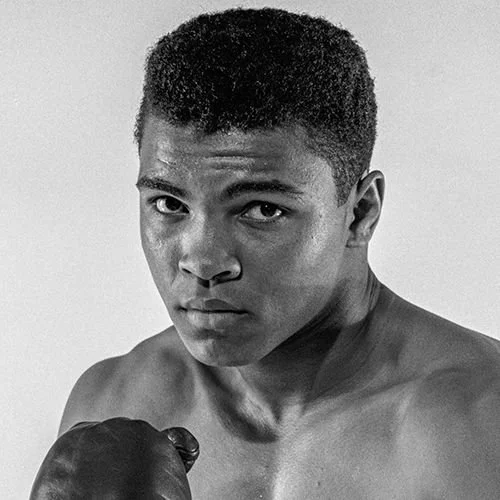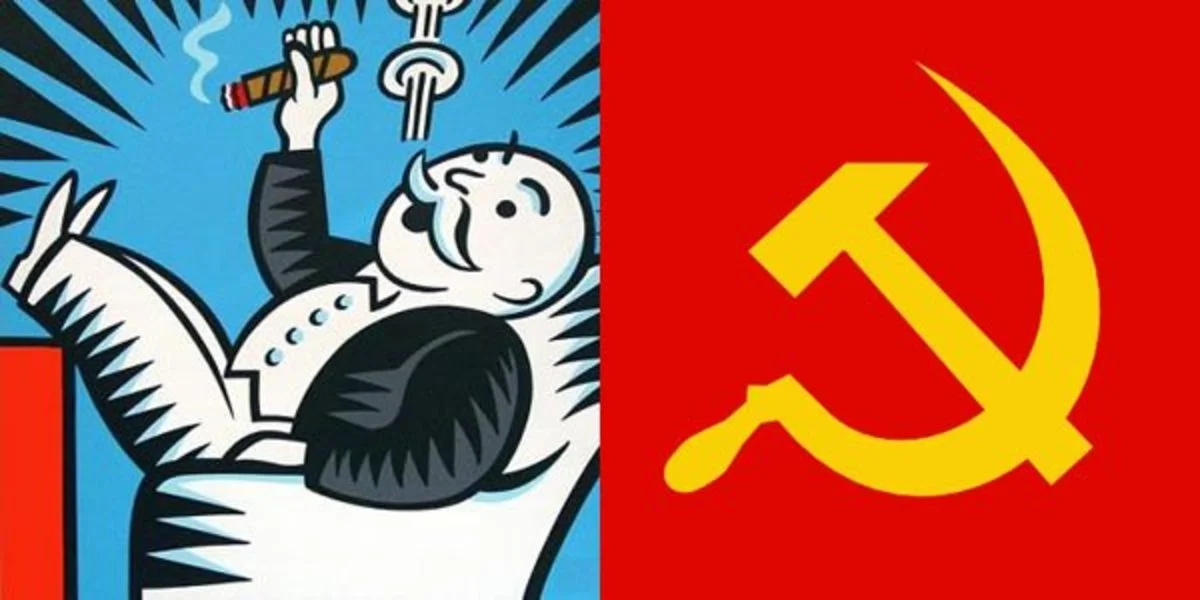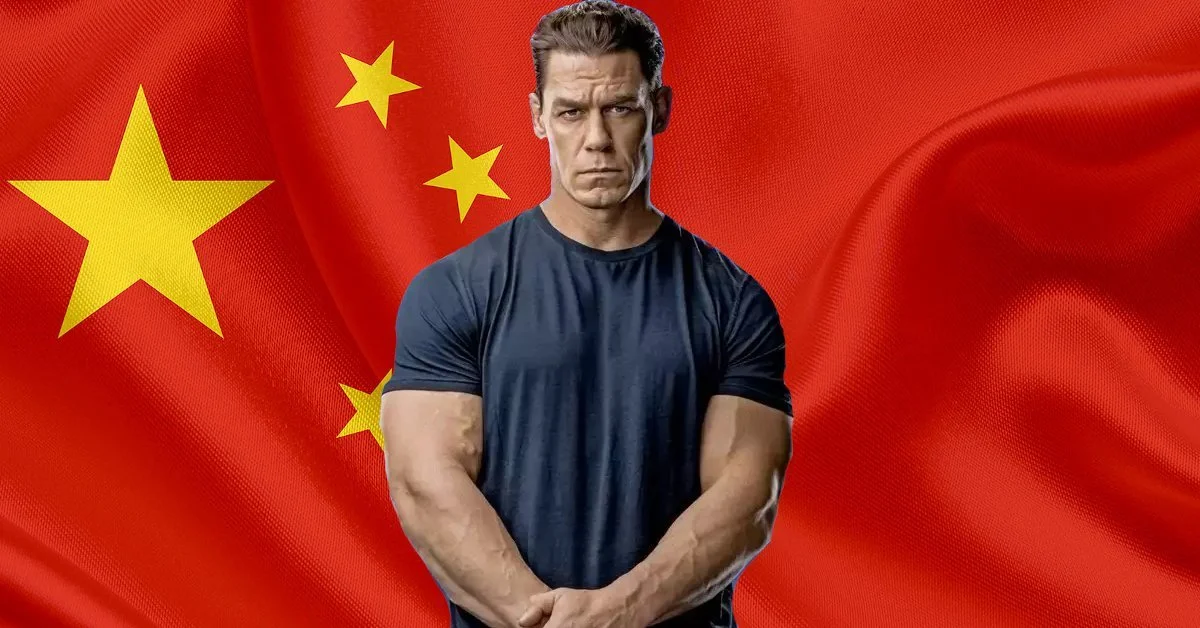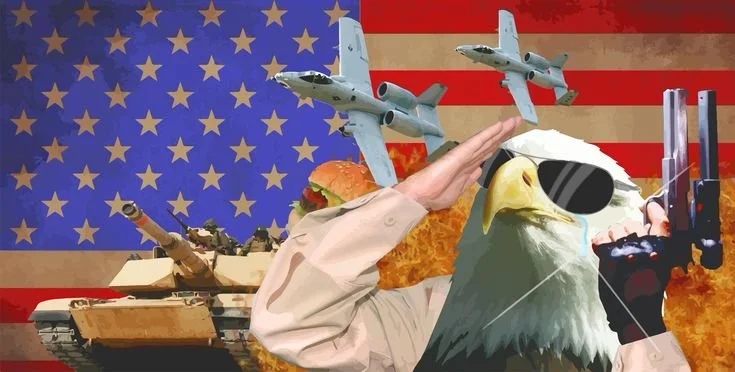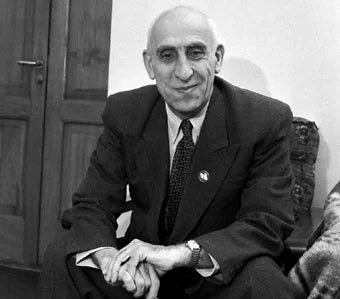Our Inheritance (3): A Conflict About What?
Muhammad Ali (from Getty Images)
“Man, I ain't got no quarrel with them Viet Cong.” - Muhammad Ali
Muhammad Ali was one of the greatest boxers of all time, arguably the greatest of all time.
In 1967 Ali’s boxing licence was suspended by the New York Athletic Association, he was stripped of his titles, unable to compete again until 1971.
Why?
At the time, the US was conscripting men from all over the country to fight in the Vietnam War. Between 1964 and 1973 the US conscripted 2.2 million men.
On April 28 in Houston, Texas, Ali was called three times by name to serve and three times he refused to step forward.
An officer present warned him that refusing the call to serve in the military was a felony, punishable by five years in prison and a fine of $10,000.
Ali refused once again and was arrested.
Why did the greatest boxer in the world give up his profession and claim to fame?
Why did he risk prison time?
Why did he endure scorn and vitriol from an ensuing national backlash?
In his own words, Ali said, “Man, I ain't got no quarrel with them Viet Cong.”
He identified as a conscientious objector.
Ali elaborated:
“Why should they ask me to put on a uniform and go ten thousand miles from home and drop bombs and bullets on brown people in Vietnam while so-called Negro people in Louisville are treated like dogs and denied simple human rights?”
Fifty-four years later in Europe, conversations about conscription are beginning to creep into public discourse.
There is great concern in light of the growing threat of Russia following the invasion of Ukraine.
With a potential decrease in US involvement in NATO on the horizon, there is an increasing call from European defence officials for more investment in the military.
Some of these include serious calls to consider reintroducing conscription. (I discussed in a previous article how the world is gearing up for war.)
In light of the current stage the world is at and above-mentioned conversations, there is an essential question that needs to be asked.
I believe that we as civilians require a serious and comprehensive answer before we are asked to risk our lives.
I would like to ask with all solemnity; what are we fighting about?
It is by no means a simple question.
However, its importance cannot be stated enough when the powerful may want to compel you, your friends, and your families into fighting a war.
We need to know what are they asking us to fight for?
The answers that are taken for granted can be narrowed down to three answers that are as follows:
Capitalism Versus Communism
Freedom Versus Tyranny
Democracy Versus Authoritarianism
In my view, none of these are adequate explanations.
Let me share with you why.
Capitalism Versus Communism
I can concede that maybe there is an argument that Capitalism versus Communism was a good way to define the Cold War.
However, the Soviet Union fell a long time ago.
To argue that Putin is some neo-soviet trying to re-establish Communism doesn’t seem to fly.
According to the Chief Washington correspondent for the New York Times David Sanger, Putin likens himself to pre-Soviet Russian leaders more than he does to the Soviets themselves, apparently looking upon past Soviet leaders with disdain.
Let's focus on today and the economic dimension of the question.
It is uncontroversial to state that most economies are considered to be mixed systems, possessing both capitalist and communist features, with each economy tending towards either more free markets or more state ownership.
In other words, almost all systems have features of both.
Except perhaps North Korea, most systems that would be identified as communist have some exposure to global free markets, even if it is through illegal or black market economies like in Cuba.
On the opposite end of the spectrum, all capitalist systems today feature extensive state planning and interference in the economy.
Arguably, the capitalism we have would not even function without said planning and circumvention of free-market mechanisms.
One of the most start circumvention of free-market mechanisms can be seen at work during the 2008 financial crisis with the bank bail-outs.
As we all know, the banks ended up failing due to rampant lending and sub-prime loans.
Whereas in a purely free-market system, they would be allowed to fail and then disappear and eventually replaced, they were so enmeshed into the surrounding infrastructure and economy that they were too big to fail.
As a result, the state ended up bailing out private profit-making institutions with public money.
This brought on harsh austerity measures across the world of that we are still impacted by and a period of economic downturn, the shadow of which we have never escaped.
On the other side of the discussion, China, which is led by the Chinese Communist Party, ironically is a massive capitalistic hub.
Many large companies have some form of access to Chinese markets.
Perhaps not the most useful example, but an obvious one, is how film studies rely on Chinese markets and how this reliance leads to excessive pandering to China.
A weirdly comical and bizarre example of this was when John Cena apologized to the Chinese in Mandarin for referring to Taiwan as a country.
Another point to consider is that China’s economy has massively catered to global markets for decades, providing cheap manufacturing for almost any type of good you can think of.
A major client of China has always been the United States, despite their apparent enmity.
Even from the above, we can see that any conversation about economics becomes very complicated.
However, what can be seen is that global systems are inextricably enmeshed, and trying to frame them as polarized economic systems that are experiencing some form of existential competition or enmity is difficult to argue without contradiction.
Undoubtedly there is competition.
But that is a feature of all economic systems and economies.
Xbox and Playstation are an example of competition.
So is Coke and Pepsi.
Two small coffee shops on the same road are competing with each other.
That doesn’t mean they need to go to war and kill each other.
To bring us back on topic, the point of this discussion is to establish what we are meant to fight for?
If we are fighting for some sort of economic principle or system, exactly what that is, is incredibly hard to identify.
I would go as far as to say that it is even a pretty bad justification for a war.
Actually, I think it is a terrible one.
Are you willing to give your life for it?
If so, I would love to hear why.
Freedom Versus Tyranny
Okay but what about Freedom? (MURICA)
One can arguably rephrase this as a conversation about liberal value systems versus other not-so-liberal value systems.
The claim is, well many countries, like China, don’t have these values and we do.
That makes us better than China.
Right?
Well, it is true that China does suck.
China is without a doubt a horrible, tyrannical, and oppressive country, one that has put between 8,000,000-20,000,000 Uyghurs into concentration camps along with a long litany of oppressive acts.
So we must be better than China, because we don’t do that.
Right?
It turns out, the West isn’t so peachy.
While we may espouse liberal values and principles, we rarely live up to them consistently.
We actually violate them with alarming frequency.
The West’s relationship with our declared value systems appears to be one of convenience.
We use them to condemn, exploit, and bully but are extremely quick to discard them when a hindrance.
While we are privileged in the West with many rights and liberties, many of those come at the cost of others outside our sphere of influence.
In the last 10 years, the West has bankrolled two separate wars that have caused separate famines, affecting millions of people. (In case you didn’t know, I am referring to both Western-funded wars in Yemen and, more recently, the Gaza conflict.)
It is not even controversial to say that we have interfered in more elections globally than any other region, have repeatedly economically exploited poorer countries, and have funded and orchestrated the destabilisation of even more countries.
I am not even going to bring in the very relevant history of colonialism for my argument.
An obvious example is that China has sweatshops and we don’t.
Well…
This is a simplistic take.
To say that we don’t have sweatshops due to liberal values is a-historical.
The West pulled ahead of the world during the Industrial Revolution, a period that was essentially characterised by mass factory work, horrible working conditions, child labour, and mass exploitation.
Sound familiar?
This all went away, due to several historical factors over time, but we didn’t remove our reliance on sweatshops, we just outsourced them.
Where did we outsource them to?
Well… to China.
We pay for their sweatshops.
In summary, the way it seems to work is that at this current stage in history, China internalizes its oppression upon those within its borders.
The West externalizes it to those outside of its borders.
However, let's not get it twisted, both are oppressors.
But we have to acknowledge that we are complicit in many of the horrors we claim to condemn.
So by what claim do we have to use liberal values as an excuse to go to war and to kill our fellow humans?
Is there one that isn’t hypocritical?
Democracy Versus Authoritarianism
Mohammad Mossadegh
In the democracy versus authoritarian argument, I am going to provide a singe case study, the consequences of which are reverberating through time into the present.
(Rest assured, there are more, but this one is especially damning if you are keeping up with current affairs.)
On 28 April 1951 in Iran, Mohammad Mossadegh was democratically elected by the parliament as Prime Minister of the country.
Iran back then was very different to the one we know today.
At the time, Iran was not a theocratic anti-western pariah state, rather it was considered a Western ally and one of our massive sources of oil.
When Mossadegh came to power, he introduced many social reforms and many labour laws that would develop the country and the quality of life of the people.
This included unemployment compensation, ordering factory owners to pay for benefits to sick or injured workers, and the freeing of individuals from forced labour on the estates of landlords.
Sounds like an okay guy, right?
I think so.
However, Mossadegh made one terrible and fatal mistake.
Some would say he broke the one sacred rule, the one thing that you should never do.
The one thing that will bring down the wrath of Western civilisation in all its self-righteous fury.
What could Mossadegh have possibly done, you ask?
Did he violate human rights? Did he torture people? Did he kill children?
He interfered with the western oil supply.
Mossadegh is historically most well known for nationalizing Iran’s oil reserves, previously controlled by British oil companies.
As a result, he was eventually overthrown in a Western-sponsored coup, a coup which the CIA was instrumental in facilitating.
In his place the Western-backed Shah, the king of Iran, was strengthened and given more powers, creating a more autocratic and monarchical Iran.
Does this sound particularly democratic? Or anti-authoritarian.
It is worth knowing the CIA has come out and said its role in the coup was undemocratic.
This story is even more significant when you take into account what impact the coup had.
The theocratic, autocratic regime of the Islamic Republic of Iran arose during the 1979 revolution is considered to be a direct result of the coup in 1953.
In serving our self-interest, the West not only directly encouraged authoritarianism, but created what is now considered to be one of its greatest global adversaries.
An adversary that many in the US are continuously calling for war with.
This is a repeating pattern.
The US opposition to the Soviet Union in Afghanistan created the Taliban.
The US-led invasion of Iraq created ISIS.
How often will the West's greed create the enemies it feels it needs to destroy?
Closing Thoughts
Look, I swear I am not trying to create an anti-Western uprising here, but there has to be an acknowledgement of what appears to be ongoing insanity.
Especially as we edge closer and closer to a global catastrophe that arguably could be avoided.
On April 1 Israel attacked an Iranian embassy in Syria, claiming it was a military target.
Iran retaliated on April 13 with an attack that included 300 missiles and drones, all of which were successfully shot down with no fatalities.
On April 19, Israel then again retaliated with an attack on Iran that also resulted in no casualties.
This exchange was an extremely tense moment in recent history, with many describing it as the beginning of a regional or even world war.
Luckily this was not the case.
The Iranian attack was universally condemned, but the Israeli attack on the embassy was not.
Yet the Iranians had a legitimate cause, as their embassy, which is considered sovereign territory, was flattened by the Israeli strike.
When the West only adheres to the principles out of convenience and not as a principle, it weakens the principle itself.
This pushes us closer and closer to chaos and destruction.
So by what real right or reason does the West have to inflict its will upon the world?
What are we fighting about?
This question becomes more important when conversations about conscription and war that could affect friends and family become commonplace.
These are occurring as actions that only foster chaos, disorder, and destruction, actions that move us away from any possibility for peace become not only commonplace but the norm.
We are getting so close to seeing one of the worst conflicts in humanity again.
I really need to ask again: what are we even fighting for?
What is it that divides us so much that we need to get ready to kill each other?
In the UK, my place of residence, this conversation is ongoing while 1 in 5 people in the country are now in poverty, and we are all experiencing a cost of living crisis.
Yet, politicians who continuously seem like they don’t represent our interests are beginning to tell us we may have to join the army to fight for a world they continue to make more chaotic.
Very bluntly, if the worst comes around, it won’t be the people making these decisions fighting on the front lines, and bearing the brunt of the crisis.
It never is.
When Ali took a stand as a conscientious objector all that time ago, I think this is what he was getting at.
He was asking why should he fight for a country that doesn’t have his best interests at heart and kill people he doesn’t have a problem with.
To rework Ali’s words for today’s context:
Man, I ain't got no quarrel with anyone.
